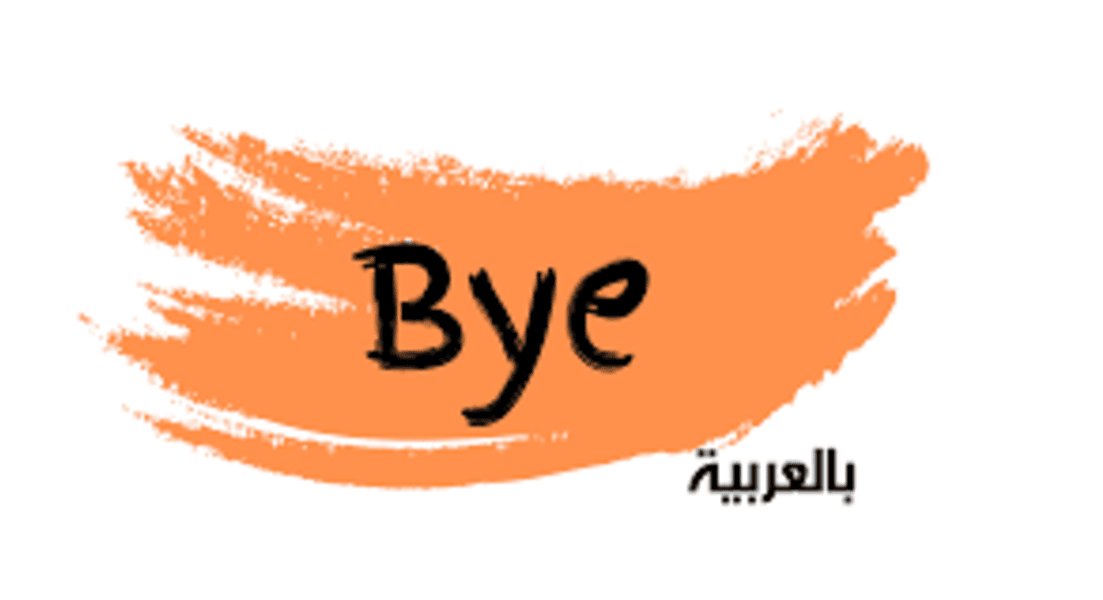How Do You Say Goodbye In Arabic
Table of Contents
ToggleArabic is one of the most beautiful and expressive languages, rich with cultural nuances. Learning Arabic can deepen your appreciation of its vast linguistic heritage and help you connect with millions of Arabic speakers worldwide. One of the essential aspects of mastering Arabic is knowing how to say goodbye. This article delves into the various ways to say goodbye in Arabic, when to use them, how to reply, and the benefits of learning Arabic through Mishkah Academy’s courses.
How To Say Goodbye In Arabic
Saying goodbye in Arabic depends on the context, formality, and relationship between the speakers. Here are the most common expressions:
- Ma’a as-salama (مع السلامة)
- Translation: “Go in peace.”
- Usage: This is the most universal way to say goodbye and can be used in both formal and informal settings.
- Ila al-liqa (إلى اللقاء)
- Translation: “Until we meet again.”
- Usage: This phrase is more formal and is often used in professional or polite conversations.
- Wada’an (وداعًا)
- Translation: “Farewell.”
- Usage: A heartfelt goodbye, typically reserved for longer separations.
- Ashufak (أشوفك)
- Translation: “See you.”
- Usage: Casual and often followed by a time frame, such as “Ashufak bukra” (See you tomorrow).
- Fi aman Allah (في أمان الله)
- Translation: “In God’s protection.”
- Usage: A spiritual farewell, commonly used in Islamic culture to bid someone goodbye with blessings.
When to Say Goodbye in Arabic
Timing plays a significant role in choosing the right farewell phrase:
- Formal Meetings: Use polite phrases like “Ila al-liqa” or “Fi aman Allah.”
- Casual Gatherings: Opt for informal phrases like “Ashufak” or “Ma’a as-salama.”
- Emotional Goodbyes: Use “Wada’an” when parting for extended periods or with deep sentiment.
- Religious Contexts: “Fi aman Allah” is perfect for conveying both goodbye and blessings.
Reply to Goodbye in Arabic
Responding to a goodbye in Arabic reflects respect and appreciation:
- Ma’a as-salama (مع السلامة)
- Response: Repeat the same phrase or say “Wa anta ma’a as-salama” (And you, go in peace).
- Ila al-liqa (إلى اللقاء)
- Response: Simply echo “Ila al-liqa.”
- Fi aman Allah (في أمان الله)
- Response: Reply with “Fi aman Allah” or add “Wa ant” (And you).
- Ashufak (أشوفك)
- Response: Say “Ashufak qareeban” (See you soon).
How to Pronounce Goodbye in Arabic
Mastering pronunciation is crucial when learning Arabic. Each farewell phrase has its unique phonetic structure:
- Ma’a as-salama: Pronounced as ma-a as-sa-la-mah.
- Ila al-liqa: Pronounced as ee-la al-lee-qa.
- Wada’an: Pronounced as wa-da-an.
- Ashufak: Pronounced as ah-shoo-fak.
- Fi aman Allah: Pronounced as fee a-mahn Allah.
For perfecting your pronunciation, consider enrolling in the Arabic Conversation Course at Mishkah Academy, where expert tutors provide personalized guidance.
Join Arabic Conversation Course
Learning how to converse fluently in Arabic is an essential skill for anyone wanting to dive deeper into the language. Mishkah Academy’s Arabic Conversation Course is designed to:
- Teach practical vocabulary and phrases like greetings and farewells.
- Enhance pronunciation and listening skills.
- Provide a cultural understanding of Arabic expressions.
The course is suitable for all levels and is led by experienced native Arab tutors.
Advantages of Learning Quran & Arabic Online at Mishkah Academy
Mishkah Academy offers unparalleled advantages in learning Arabic and Quran online:
- Certified Tutors: Learn from qualified, experienced, native Arabic-speaking tutors.
- Flexibility: Classes are available 24/7, fitting your schedule.
- Affordable Fees: High-quality education at reasonable prices.
- Tailored Curriculum: Courses are customized to suit individual learning goals.
- Interactive Learning: Engage in live, one-on-one sessions for effective learning.
Explore more about Mishkah Academy’s offerings here.
How to Enroll
Getting started with Mishkah Academy is simple:
- Visit the Website: Go to Mishkah Academy’s homepage.
- Choose a Course: Select the Arabic Conversation Course or another program that suits your needs.
- Book a Free Trial: Experience the teaching methodology by scheduling a free trial lesson.
- Enroll: Complete your registration and start your learning journey.
Conclusion
Learning how to say goodbye in Arabic opens doors to meaningful interactions and deepens your understanding of Arabic culture. Whether for casual use or professional settings, mastering these phrases ensures you leave a lasting impression. Mishkah Academy provides the perfect platform to learn Arabic fluently, combining expertise, flexibility, and affordability.
FAQs
Goodbye In Arabic Language
The phrase for “goodbye” in Arabic is commonly “مع السلامة” (Ma’a As-Salama), which translates to “go with peace” or “be safe.” This expression is used across the Arabic-speaking world and reflects the warmth and politeness of Arabic culture. Whether you’re bidding farewell to friends, family, or acquaintances, this phrase ensures a courteous and heartfelt goodbye.
Say Goodbye In Arabic
To say goodbye in Arabic, you can use phrases like “وداعاً” (Wada’an), meaning “farewell,” or “إلى اللقاء” (Ila Al-Liqa), meaning “until we meet again.” These expressions vary depending on the context and the relationship with the person you are addressing. For a more informal setting, simply saying “سلام” (Salaam), meaning “peace,” is also acceptable.
Bye In Arabic
A casual way to say “bye” in Arabic is “باي” (Bye), borrowed from English and widely used in informal conversations, especially among younger people or in urban areas. For a touch of Arabic authenticity, you can say “يلا باي” (Yalla Bye), which combines the colloquial “yalla” (let’s go) with the borrowed “bye.”
Arabic Goodbye
In Arabic, saying goodbye is more than just a farewell; it carries a sense of well-wishing. Expressions like “الله معك” (Allah Ma’ak), meaning “God be with you,” or “رعاية الله” (Ri’ayat Allah), meaning “in God’s care,” are often used in religious or heartfelt farewells. These phrases add a spiritual and thoughtful touch to your goodbye.






